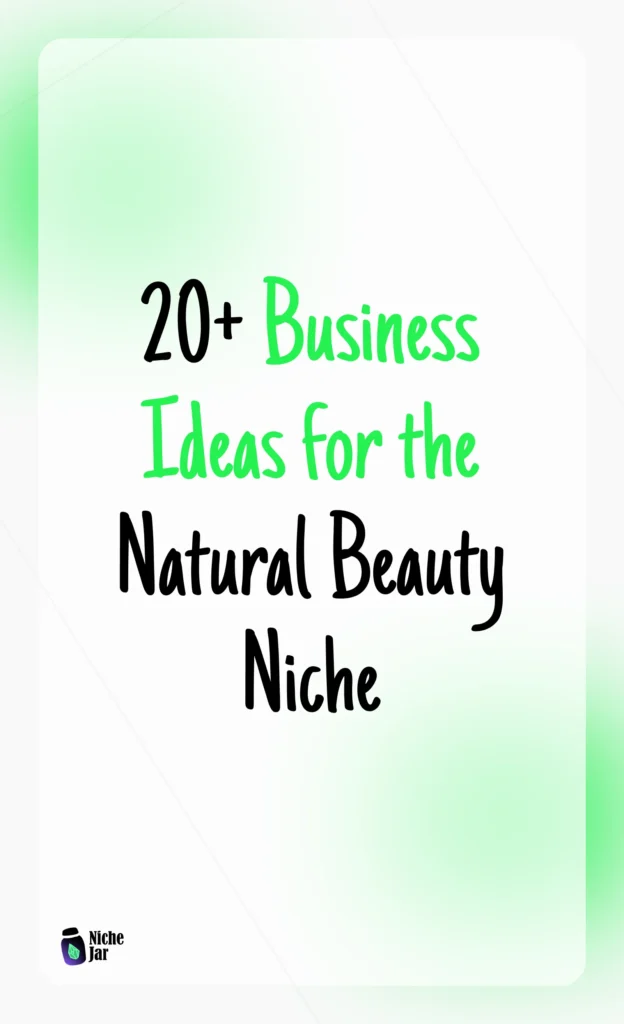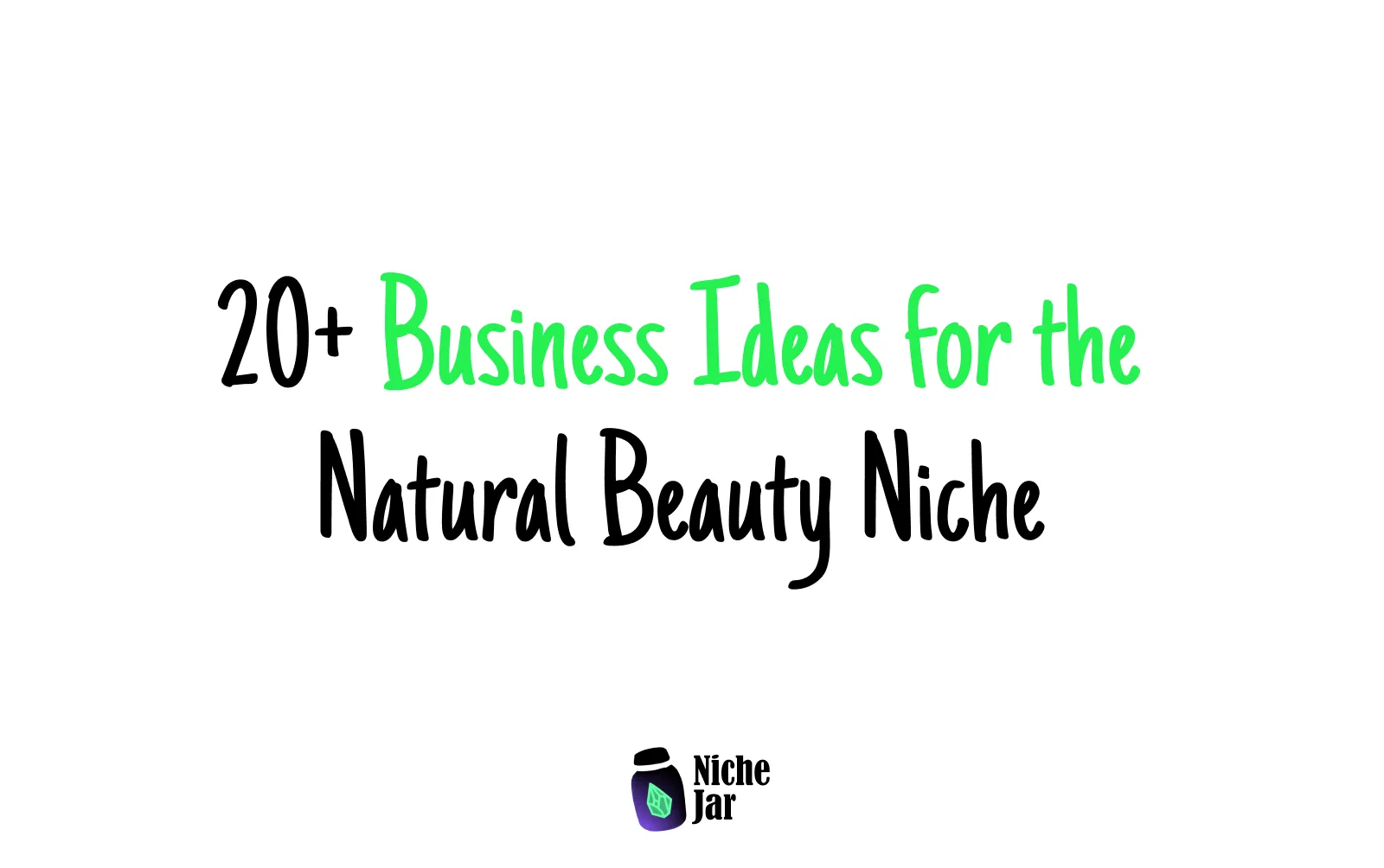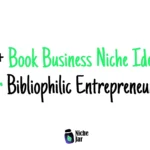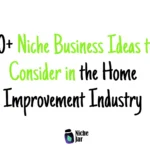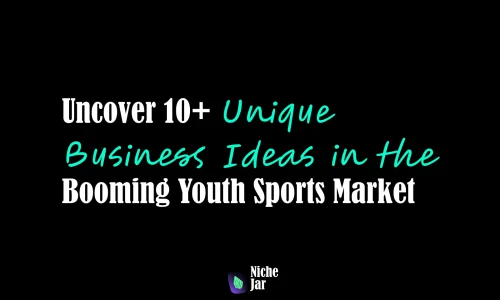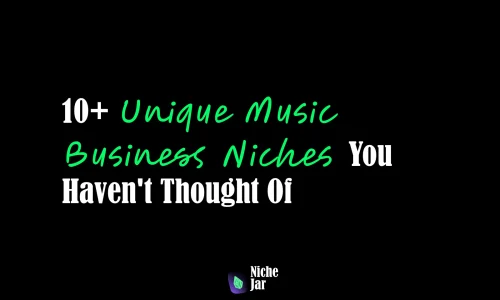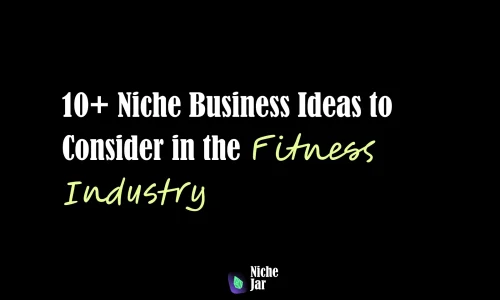- Senia
- 0 Comments
- 900 Views
Have you ever wondered if the growing demand for natural skincare, eco-friendly makeup, and holistic self-care could turn into a business opportunity? The natural beauty niche has opened doors for everyday people to build small yet profitable ventures. From what I’ve seen, even starting with simple, homemade products or services can lead to a sustainable income. In this post, we’ll explore 20+ Business Ideas for the Natural Beauty Niche that you can start with varying budgets and approaches.
The natural beauty industry is not just a passing trend—it’s part of a bigger shift in how people approach wellness, health, and sustainability. More and more, consumers are choosing products that are organic, cruelty-free, and eco-friendly. For those of us looking to start a small business, this presents a chance to combine passion with profit.
From what I’ve noticed, people are often drawn to natural beauty businesses because they offer something meaningful. Selling a product or service in this niche isn’t just about money—it’s about creating value that feels authentic and aligned with what people want. Whether you’re making skincare at home, opening a small online store, or offering eco-friendly salon services, there’s potential here to grow.
This post will cover over 20 practical business ideas, each with insights, step-by-step tips, challenges to expect, estimated startup costs, monetization methods, and real-world examples. My hope is that you’ll walk away with not just inspiration, but also a clearer path to getting started.
We’ll explore each of these ideas with honest insights about what works and what challenges to expect. From what I’ve seen, there’s no single “perfect” idea—just the right one for your skills, budget, and interests.
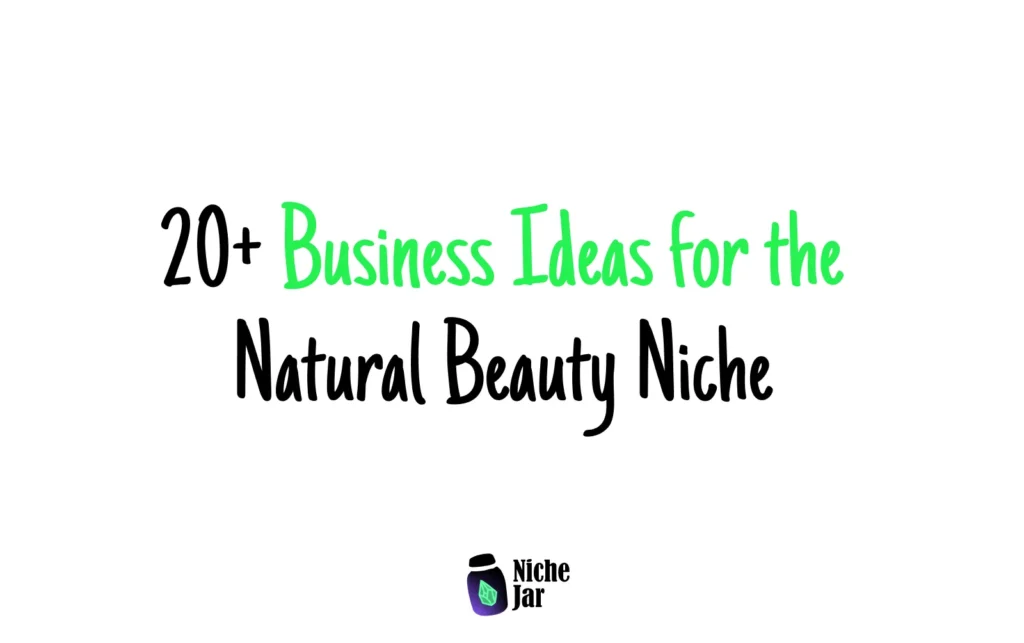
1. DIY Organic Skincare Line
Description: Create small-batch skincare products such as creams, serums, or scrubs using natural ingredients.
Insights: Consumers trust handmade, organic products when transparency and authenticity are clear. The global organic skincare market is valued in billions, showing long-term potential.
Step-by-Step Tips:
- Research local regulations on selling skincare.
- Start with a small line (e.g., facial oils, body scrubs).
- Use eco-friendly packaging to stand out.
- Promote through social media and farmer’s markets.
Challenges & Solutions: Compliance with safety standards can be tough—start by learning about required certifications.
Startup Costs: $500–$2,000.
Monetization: Direct sales, online shop, wholesale to boutiques.
Example: A home-based entrepreneur in California started selling body butters at markets and now runs a small online shop.

2. Herbal Haircare Products
Description: Offer shampoos, oils, and conditioners made from herbs like aloe vera, hibiscus, and rosemary.
Insights: Natural haircare has strong demand, especially among eco-conscious and curly-hair communities.
Step-by-Step Tips:
- Start with 1–2 hero products.
- Use recyclable bottles.
- Partner with hair influencers for visibility.
Challenges & Solutions: High competition—focus on niche markets (curly hair, dry scalp).
Startup Costs: $1,000–$3,000.
Monetization: Online sales, wholesale to salons, subscription refills.
Example: A small brand in the UK gained traction by marketing rosemary oil for scalp health.
3. Eco-Friendly Makeup Brand
Description: Launch makeup products made with clean ingredients and sustainable packaging.
Insights: Clean beauty makeup is rapidly growing, with consumers seeking chemical-free alternatives.
Step-by-Step Tips:
- Focus on a few basics: lip balms, foundation, or blush.
- Highlight cruelty-free and vegan certifications.
- Sell online with strong before-and-after visuals.
Challenges & Solutions: Product formulation requires expertise—consider partnering with labs.
Startup Costs: $5,000–$20,000 (depending on scale).
Monetization: Online shop, retail partnerships, influencer collaborations.
Example: A U.S.-based eco-makeup startup grew from Etsy sales to retail stores.
4. Aromatherapy and Essential Oils Business
Description: Create blends of essential oils for relaxation, focus, or skincare.
Insights: Aromatherapy is linked to wellness trends and alternative medicine.
Step-by-Step Tips:
- Learn safe blending practices.
- Package oils in amber bottles.
- Offer starter kits for beginners.
Challenges & Solutions: Market saturation—stand out with unique blends or storytelling.
Startup Costs: $500–$2,000.
Monetization: Direct sales, subscription kits, workshops.
Example: A mompreneur built a six-figure side income from essential oil kits.
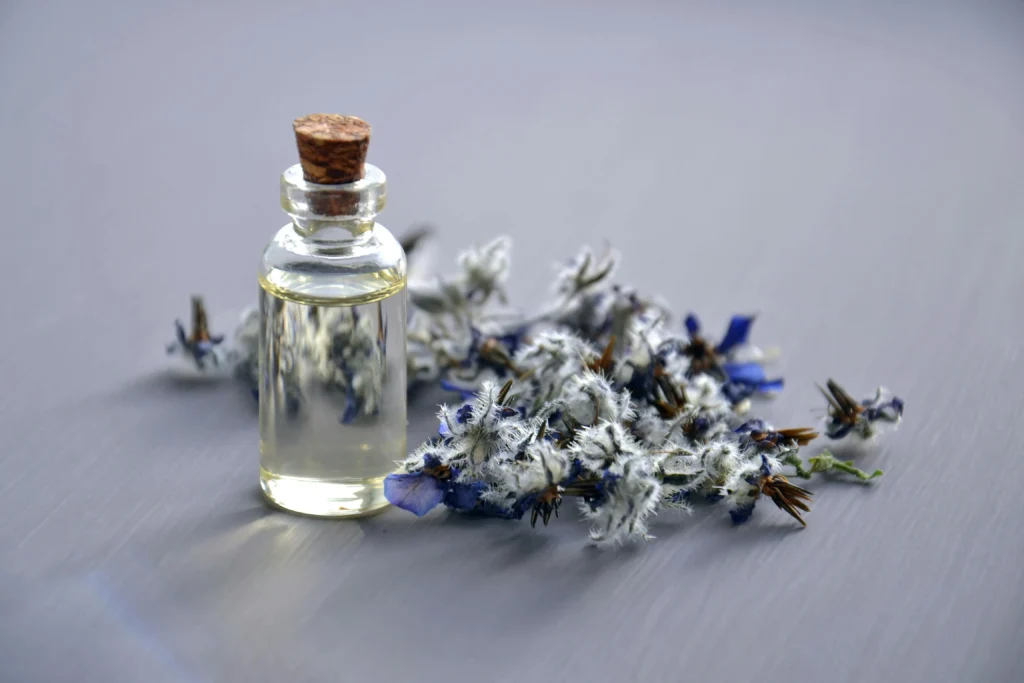
5. Natural Soap and Bath Bombs
Description: Create handmade soaps and bath bombs using organic oils, herbs, and natural colorants.
Insights: Bath products are a staple gift item and perform well on platforms like Etsy. Consumers love unique scents and eco-friendly packaging.
Step-by-Step Tips:
- Experiment with a few simple recipes (lavender, oatmeal, activated charcoal).
- Use molds for creative shapes.
- Sell at local fairs, gift shops, or online.
Challenges & Solutions: Competition is high—niche down (e.g., sensitive skin soaps, kids’ bath bombs).
Startup Costs: $200–$800.
Monetization: Direct sales, wholesale gift sets, subscription boxes.
Example: A small U.S. shop began with lavender bath bombs and now ships globally through Etsy.
6. Zero-Waste Beauty Packaging Solutions
Description: Provide sustainable packaging such as refill pouches, compostable jars, or glass containers for other beauty brands.
Insights: As eco-awareness grows, brands seek alternatives to plastic packaging.
Step-by-Step Tips:
- Partner with eco suppliers.
- Offer custom branding services.
- Market to small beauty startups.
Challenges & Solutions: Upfront sourcing costs—start by drop-shipping eco-packaging before stocking.
Startup Costs: $1,000–$5,000.
Monetization: Wholesale sales, consulting, subscription supplies.
Example: A Canadian startup supplies compostable jars to indie skincare brands.
7. Holistic Beauty Coaching
Description: Offer coaching on skincare, diet, and lifestyle for natural beauty.
Insights: Consumers are learning that beauty comes from within—diet, stress, and wellness matter.
Step-by-Step Tips:
- Get certification in holistic health.
- Build a website and book 1:1 or group sessions.
- Offer guides, eBooks, or online workshops.
Challenges & Solutions: Credibility is key—share testimonials and before-and-after stories.
Startup Costs: $300–$1,500.
Monetization: Coaching fees, online courses, digital products.
Example: A wellness coach runs group programs focused on “skin from within.”
8. Natural Beauty Subscription Boxes
Description: Curate monthly boxes of natural beauty products.
Insights: Subscription businesses generate recurring revenue. Consumers love discovery experiences.
Step-by-Step Tips:
- Partner with small brands.
- Offer themed boxes (e.g., acne care, self-care rituals).
- Use a subscription platform like Cratejoy.
Challenges & Solutions: Logistics can be overwhelming—start with quarterly boxes before monthly.
Startup Costs: $1,000–$5,000.
Monetization: Subscription fees, affiliate commissions from featured products.
Example: A startup grew to 2,000 subscribers by featuring indie natural beauty brands.
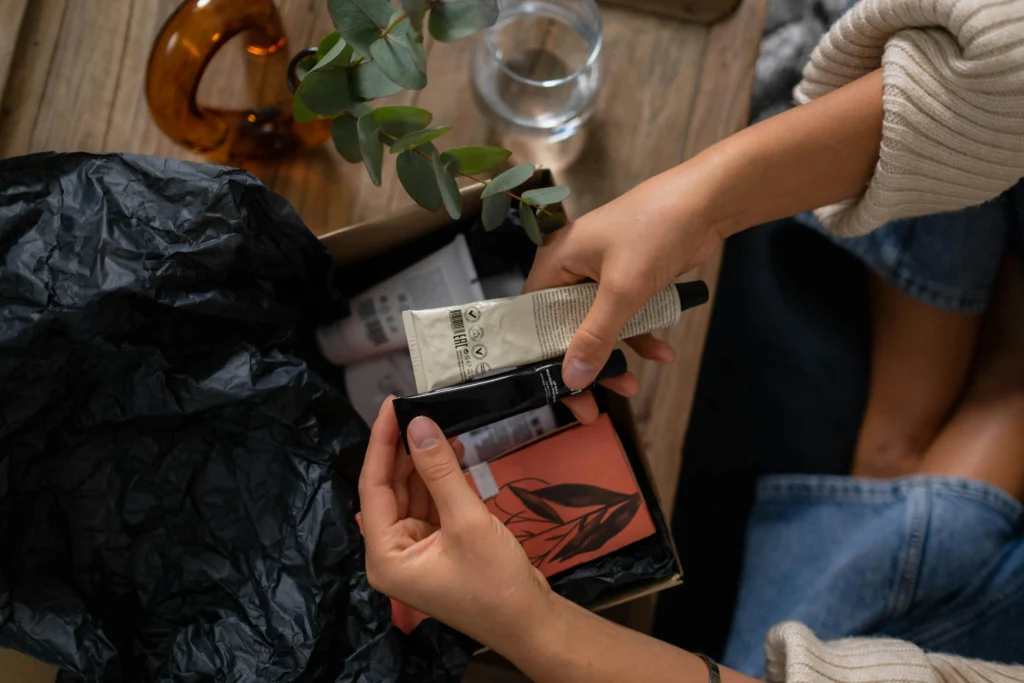
9. Mobile Organic Spa Services
Description: Provide eco-friendly facials, massages, and treatments at clients’ homes using natural products.
Insights: Demand for convenience and clean beauty is rising.
Step-by-Step Tips:
- Get licensed in esthetics or massage therapy.
- Invest in portable spa equipment.
- Market locally through social media.
Challenges & Solutions: Travel logistics—charge extra for distance or package deals.
Startup Costs: $2,000–$7,000.
Monetization: Service fees, retailing natural products after treatments.
Example: A mobile spa in LA attracts clients who want toxin-free treatments.
10. Sustainable Nail Care Studio
Description: Open a salon specializing in non-toxic nail polishes and eco-friendly practices.
Insights: Regular nail care is popular, but many clients seek chemical-free alternatives.
Step-by-Step Tips:
- Use non-toxic, vegan nail products.
- Offer waterless manicures to reduce waste.
- Promote your salon as eco-conscious.
Challenges & Solutions: Higher product costs—educate clients on the value of healthier options.
Startup Costs: $10,000–$50,000 (depending on scale).
Monetization: Service fees, retail products.
Example: A New York eco-nail studio gained media coverage for sustainable beauty.
11. Vegan Perfume Line
Description: Develop plant-based perfumes free from animal products and synthetic chemicals.
Insights: Vegan fragrances are gaining traction, especially among conscious buyers.
Step-by-Step Tips:
- Experiment with essential oils.
- Focus on storytelling behind scents.
- Package in refillable or recyclable bottles.
Challenges & Solutions: Fragrance formulation takes time—start with body mists or roll-ons.
Startup Costs: $500–$3,000.
Monetization: Direct sales, boutique wholesale.
Example: A solo entrepreneur in Europe created a cult following for her vegan rose perfume.
12. Men’s Natural Grooming Products
Description: Create shaving creams, beard oils, and skincare for men using natural ingredients.
Insights: The men’s grooming market is growing rapidly, with demand for clean, simple products.
Step-by-Step Tips:
- Target beard care or sensitive skin niches.
- Use masculine branding.
- Sell online or through barbershops.
Challenges & Solutions: Men’s beauty is less saturated but requires educating the market—content marketing helps.
Startup Costs: $500–$3,000.
Monetization: Product sales, kits, subscription refills.
Example: A U.S. beard oil brand built a loyal audience through Instagram tutorials.
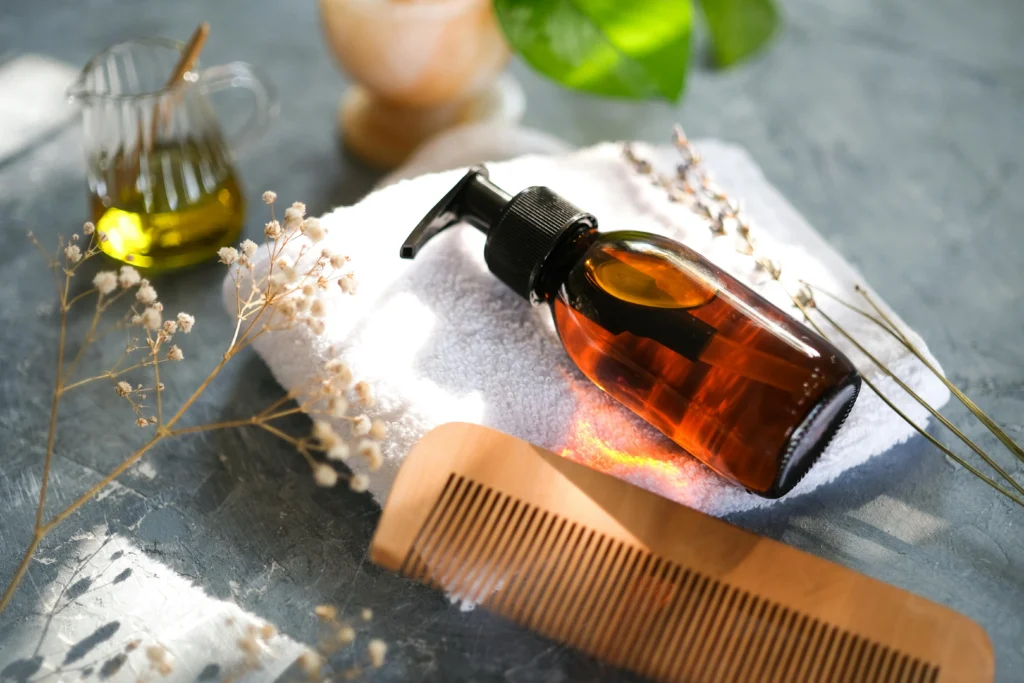
13. Ayurvedic Beauty Products
Description: Offer skincare and haircare products rooted in Ayurvedic traditions.
Insights: Ayurveda has a growing global audience, especially in wellness communities.
Step-by-Step Tips:
- Learn authentic recipes with herbs like neem, turmeric, or amla.
- Highlight tradition and sustainability.
- Target wellness-conscious consumers.
Challenges & Solutions: Requires authenticity—collaborate with Ayurvedic experts.
Startup Costs: $1,000–$4,000.
Monetization: Direct sales, spa partnerships.
Example: A wellness brand grew internationally with Ayurvedic hair oils.
14. Beauty Blogging or YouTube Channel
Description: Share tutorials, product reviews, and tips about natural beauty.
Insights: Content-driven businesses can monetize through ads, sponsorships, and affiliate links.
Step-by-Step Tips:
- Pick a content niche (DIY skincare, eco-makeup).
- Be consistent with uploads.
- Monetize once you reach 1,000+ followers/subscribers.
Challenges & Solutions: Growth can be slow—focus on authenticity over perfection.
Startup Costs: $0–$500.
Monetization: Ads, affiliate marketing, sponsorships.
Example: A YouTuber reviewing natural products earns income through affiliate links.
15. Affiliate Marketing in Natural Beauty
Description: Promote natural beauty brands and earn commissions.
Insights: Many eco-brands offer affiliate programs. Perfect for bloggers or influencers.
Step-by-Step Tips:
- Build a blog or social media channel.
- Join affiliate programs (Amazon, individual brands).
- Create honest reviews and tutorials.
Challenges & Solutions: Requires traffic—invest in SEO and content marketing.
Startup Costs: $50–$500.
Monetization: Affiliate commissions.
Example: Bloggers reviewing natural sunscreens earn steady passive income.
16. Organic Salon or Spa
Description: Offer salon treatments with only natural and organic products.
Insights: Clients are increasingly asking for “clean beauty” services.
Step-by-Step Tips:
- Replace chemical dyes with henna or plant-based alternatives.
- Market your salon as toxin-free.
- Upsell by retailing products.
Challenges & Solutions: Certification and training may be needed—start small with a studio space.
Startup Costs: $20,000–$100,000.
Monetization: Service fees, product sales.
Example: A boutique spa in London markets itself as fully organic and attracts high-end clientele.
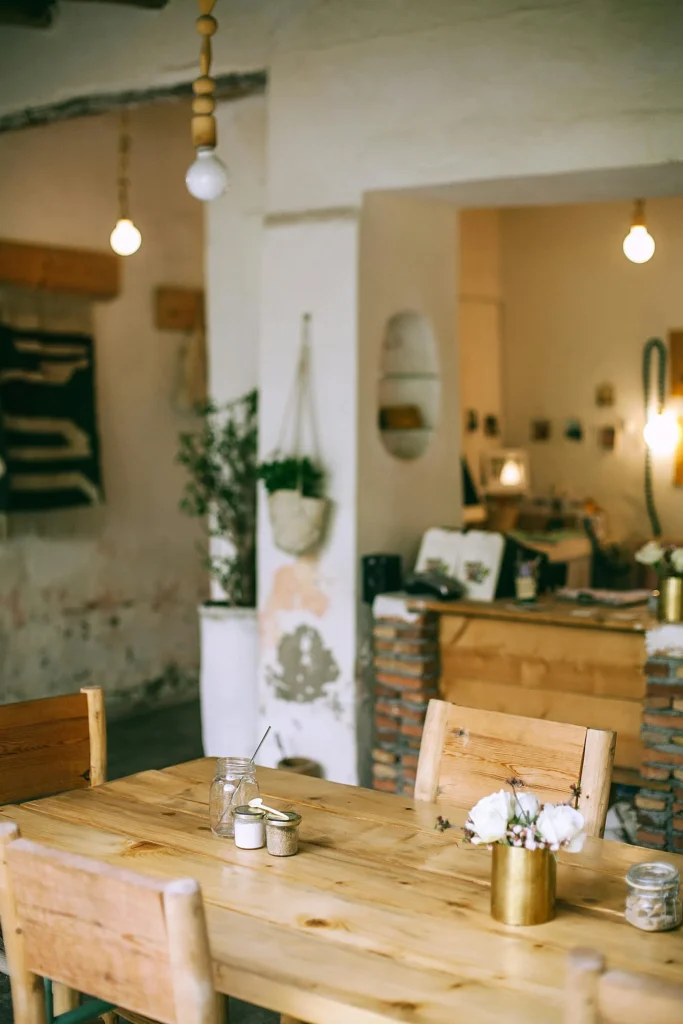
17. Refillable Beauty Product Store
Description: Open a refill station for skincare, shampoo, and lotions.
Insights: Zero-waste retail is trending worldwide.
Step-by-Step Tips:
- Partner with eco-brands.
- Use bulk refill stations.
- Educate customers on sustainable beauty.
Challenges & Solutions: Requires local awareness—start as a market stall before a full shop.
Startup Costs: $5,000–$30,000.
Monetization: Retail sales, memberships.
Example: A refill store in Germany became a local eco hub.
18. Beauty Ingredient Supplier (Wholesale)
Description: Source and sell natural raw ingredients (e.g., shea butter, jojoba oil) to small makers.
Insights: Many DIY makers need reliable suppliers.
Step-by-Step Tips:
- Partner with ethical farms.
- Offer small minimum orders.
- Market to Etsy sellers and startups.
Challenges & Solutions: Inventory management—start with a few key ingredients.
Startup Costs: $2,000–$10,000.
Monetization: Wholesale margins, subscription kits.
Example: A U.S. supplier built a loyal following by selling raw cocoa butter to crafters.
19. Natural Beauty Workshops and Classes
Description: Teach people to make their own skincare or learn holistic routines.
Insights: Education is profitable and builds community.
Step-by-Step Tips:
- Host in-person workshops or Zoom classes.
- Provide kits for participants.
- Sell recorded sessions later.
Challenges & Solutions: Attendance may vary—partner with local wellness centers for visibility.
Startup Costs: $200–$1,000.
Monetization: Ticket sales, kits, digital courses.
Example: A skincare DIY workshop in Portland became a recurring monthly event.
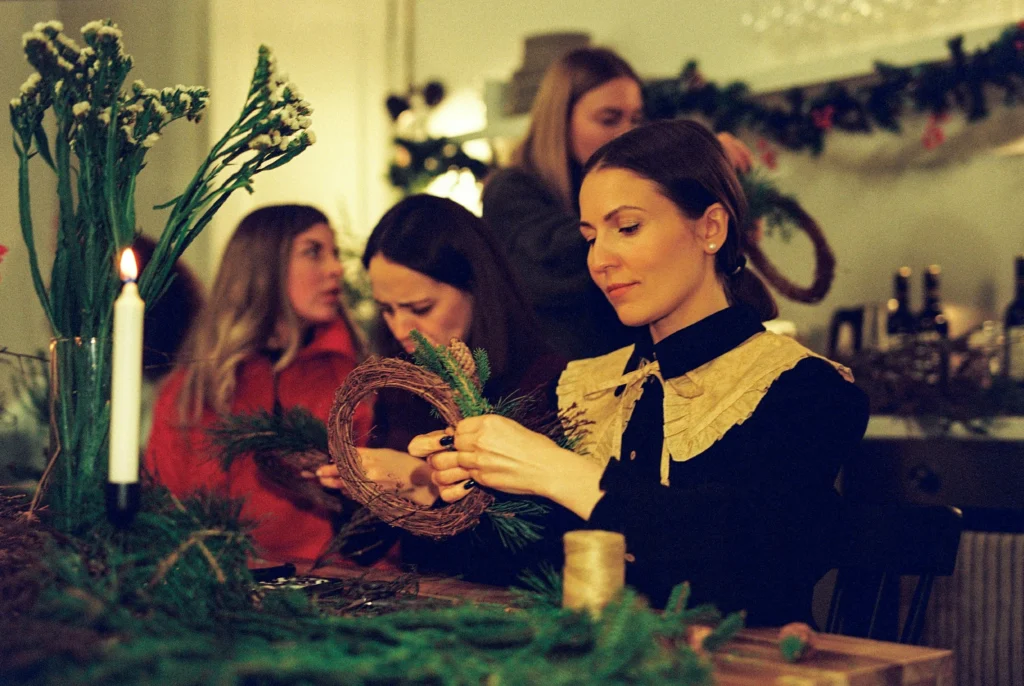
20. Eco-Friendly Beauty Tools and Accessories
Description: Sell bamboo brushes, reusable cotton pads, or eco makeup sponges.
Insights: Tools are consumables—customers buy repeatedly.
Step-by-Step Tips:
- Source from sustainable manufacturers.
- Brand under your own label.
- Bundle products for better sales.
Challenges & Solutions: Dropshipping quality varies—order samples first.
Startup Costs: $500–$5,000.
Monetization: Online shop, wholesale.
Example: A small shop selling bamboo brushes grew through Instagram.
21. Handmade Lip Balms and Body Butters
Description: Make small-batch lip balms and body butters with natural oils.
Insights: Easy to produce and highly giftable. Great for beginners.
Step-by-Step Tips:
- Start with basic recipes (shea butter + beeswax or vegan alternatives).
- Offer flavored or tinted versions.
- Sell at craft fairs, online shops.
Challenges & Solutions: Melting issues—test packaging for stability.
Startup Costs: $150–$500.
Monetization: Direct sales, wholesale bundles.
Example: Etsy sellers often scale from lip balms into full skincare lines.
22. Customized Skincare Consultation Services
Description: Offer personalized skincare advice and product recommendations.
Insights: Many people are confused about skincare—custom advice adds value.
Step-by-Step Tips:
Offer digital consultations and follow-up reports.
Challenges & Solutions: Requires credibility—gain certifications or partner with licensed estheticians.
Startup Costs: $300–$1,500.
Monetization: Consultation fees, affiliate sales of recommended products.
Example: A consultant in the U.S. runs a successful online business offering personalized skincare plans.
If there’s one thing I’ve learned from looking at the natural beauty niche, it’s that opportunity often starts small. Whether you’re blending essential oils at home, offering eco-friendly salon services, or teaching others about natural skincare, there’s room for growth. Remember, success rarely comes overnight. Each product you test, each customer you serve, and each lesson you learn adds up over time.
If you’re just beginning, I’d suggest picking one idea that excites you and testing it on a small scale. From there, you can adjust and expand as you see what works. The natural beauty space rewards creativity, consistency, and genuine care for people and the planet.
Every journey starts with a single step. Maybe this article gives you the nudge to take yours. If you’d like to explore more profitable niches, we have many guides here at Nichejar.com. And if you’ve already started something in this space, I’d love to hear about your experience—sharing helps us all learn.
TLDR
In short:
- The natural beauty niche is full of profitable opportunities for small businesses.
- Top ideas include DIY skincare, herbal haircare, eco-friendly makeup, essential oils, and subscription boxes.
- You don’t need huge startup funds—some ideas can begin with $200–$500.
- Challenges like competition and regulations exist, but focusing on transparency, storytelling, and eco-friendly practices helps.
- Many entrepreneurs succeed by starting small and building a loyal audience over time.
